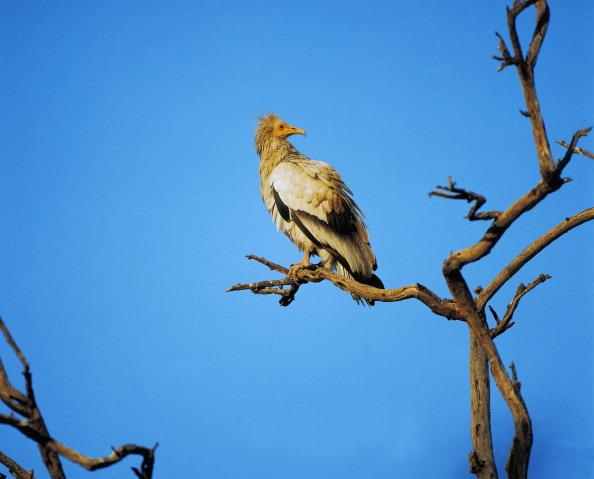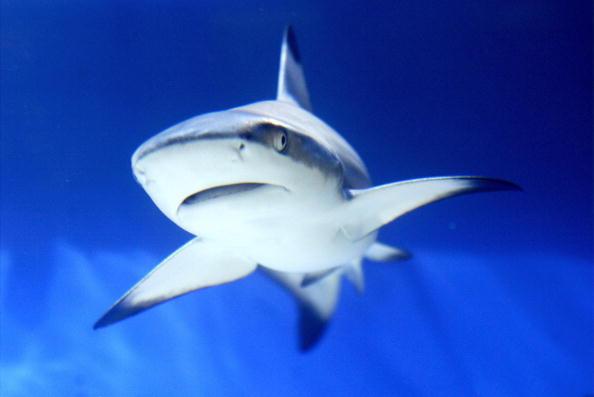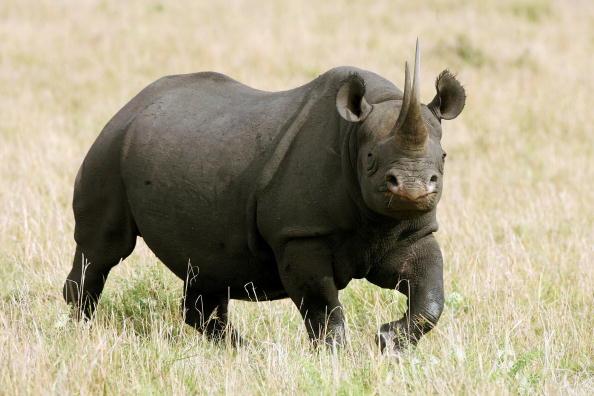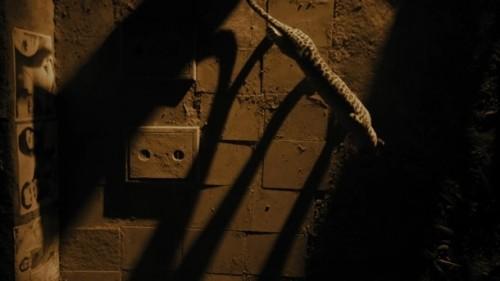Vultures, the huge scavenging birds with their large beady eyes and bald heads perform the very important task of cleaning up remains of dead carcasses of humans, cows and other animals. Once found in large numbers all over India, these birds are now in dire risk of extinction because of Diclofenac, a veterinary drug that is used for treating cattle for inflammation. Diclofenac is lethally toxic to vultures and has been held responsible for 99% of the deaths of animals in India, Pakistan and Nepal. An alarming new study now notes that the same pain killer might be responsible for threatening other bird species like Steppe Eagles and vultures found in other parts of the world.
Diclofenac, a global threat
Diclofenac has been the cause for the most rapid decline of Vultures than any other bird in the wild on account of humans. Within a few years of Diclofenac use, vulture numbers had declined by a staggering 99.9% across south Asia. The worst-affected species included long-billed, slender-billed and oriental white-backed vultures.
However the drug is now available in Spain and Italy. With Vultures inhabiting both these countries, the availability of Diclofenac there, is a cause of major concern for conservationists the world over.
FATRO, an Italian pharmaceutical company managed to get legal permissions for Diclofenac owing to the ambiguous risk assessment processes. Since then Vulture Conservation Foundation (VCF) requested FATRO to withdraw the drug from the market voluntarily but to no avail. The VCF has approached various European Governments and the European Union as well to ban the drug specially since other safe and inexpensive alternatives to the drug have been discovered.
“It defies common sense to approve of a drug when there is abundant, solid evidence to show that it is deadly to so many species of birds and that it causes such ecological damage,” said José Tavares, director of the Vulture Conservation Foundation.
“We now know diclofenac was responsible for the deaths of tens of millions of vultures in India. Several species were brought to the brink of extinction in the process. Once the Indian government realised that, it banned diclofenac. That was in 2006. Now two countries in Europe have decided to give it the go-ahead. It is simply appalling.”
A worldwide campaign called Stop Vulture Poisoning Now has therefore been launched by two charities, Birdlife International and Vulture Conservation Foundation.
Out of the 21 total species of vultures, 11 are found in Africa. 7 of these are globally threatened not only killed by accidental or deliberate poisoning, but also because of loss of habitat. Additionally their body parts are also in demand for use in medicines because of which they are hunted.
In Europe, 4 Vulture species are found. Out of these, International Union for Conservation of Nature (IUCN) has declared 2 species status as Near Threatened and one species as Endangered.
In the present scenario therefore, the prolific use of Diclofenac a known threat to vultures could lead many of the species to extinction.
Alarmingly, vultures may not be the only species to be affected by diclofenac. This concern was brought to light in a study published in the journal Bird Conservation International which reported the discovery of diclofenac traces in dead Steppe Eagles in Rajasthan, India. This has further led to the belief that the pain-killer may also be lethal for other birds from the same family like hawks, eagles, buzzards and kites.
Threat to Ecological Balance
Every living organism has its place and function in the web of life and all creatures on earth are interdependent on each other. Scavanger birds like vultures ensure that the dead and decomposed organisms are consumed, keeping the living healthy and epidemic free. If vultures dies because of a man-made drug, the aftermath will bring a tragedy of a much larger and wider scale. It is time that the world seriously heeds the warning.
This article was originally written and published by Shilpi Gemawat, a contributing writer for indiasendangered.com. For the original article and more information, please click HERE.




